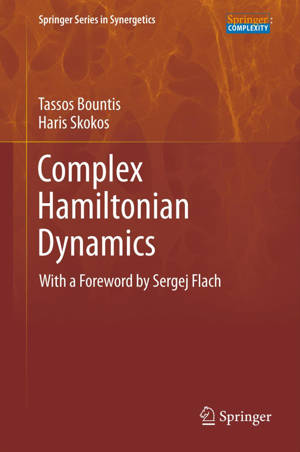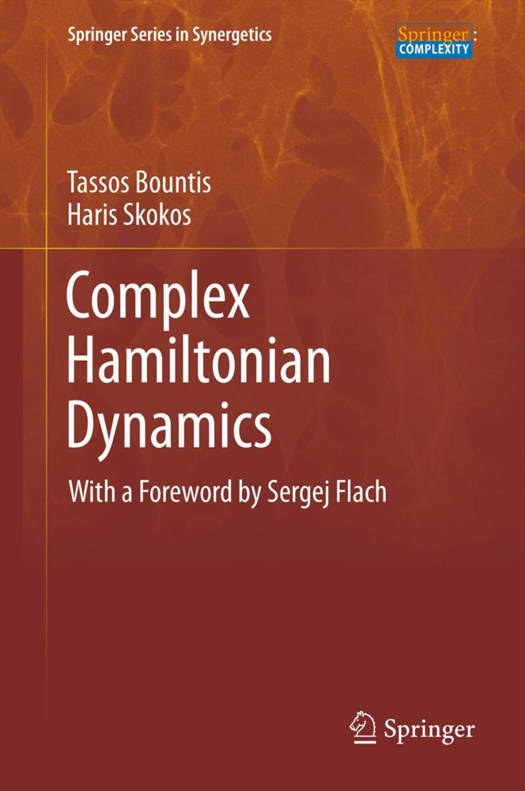
- Retrait gratuit dans votre magasin Club
- 7.000.000 titres dans notre catalogue
- Payer en toute sécurité
- Toujours un magasin près de chez vous
- Retrait gratuit dans votre magasin Club
- 7.000.000 titres dans notre catalogue
- Payer en toute sécurité
- Toujours un magasin près de chez vous
Description
This book introduces and explores modern developments in the well established field of Hamiltonian dynamical systems. It focuses on high degree-of-freedom systems and the transitional regimes between regular and chaotic motion. The role of nonlinear normal modes is highlighted and the importance of low-dimensional tori in the resolution of the famous FPU paradox is emphasized. Novel powerful numerical methods are used to study localization phenomena and distinguish order from strongly and weakly chaotic regimes. The emerging hierarchy of complex structures in such regimes gives rise to particularly long-lived patterns and phenomena called quasi-stationary states, which are explored in particular in the concrete setting of one-dimensional Hamiltonian lattices and physical applications in condensed matter systems.
The self-contained and pedagogical approach is blended with a unique balance between mathematical rigor, physics insights and concrete applications. End of chapter exercises and (more demanding) research oriented problems provide many opportunities to deepen the reader's insights into specific aspects of the subject matter.
Addressing a broad audience of graduate students, theoretical physicists and applied mathematicians, this text combines the benefits of a reference work with those of a self-study guide for newcomers to the field.
Spécifications
Parties prenantes
- Auteur(s) :
- Editeur:
Contenu
- Nombre de pages :
- 256
- Langue:
- Anglais
- Collection :
- Tome:
- n° 10
Caractéristiques
- EAN:
- 9783642440748
- Date de parution :
- 09-05-14
- Format:
- Livre broché
- Format numérique:
- Trade paperback (VS)
- Dimensions :
- 156 mm x 234 mm
- Poids :
- 394 g







